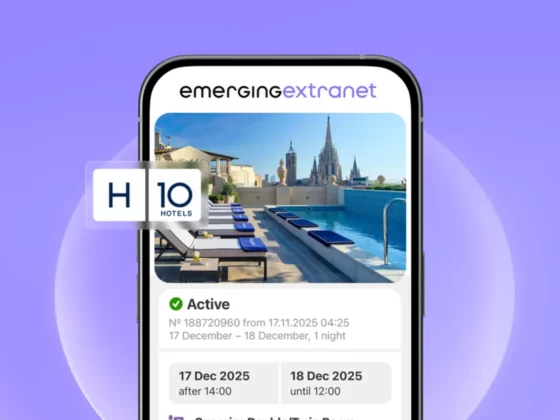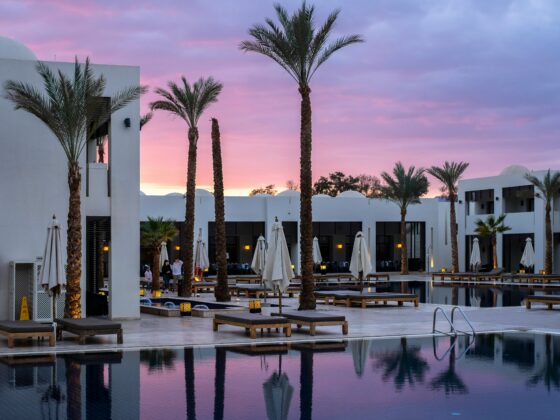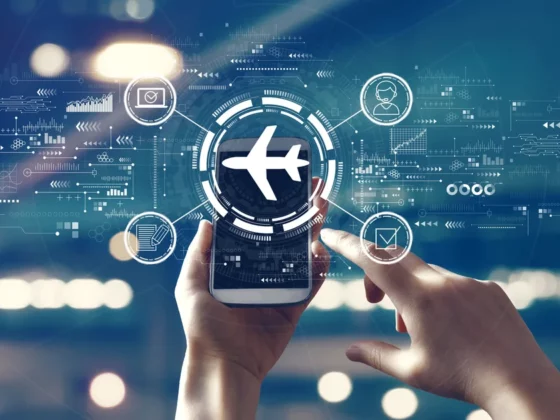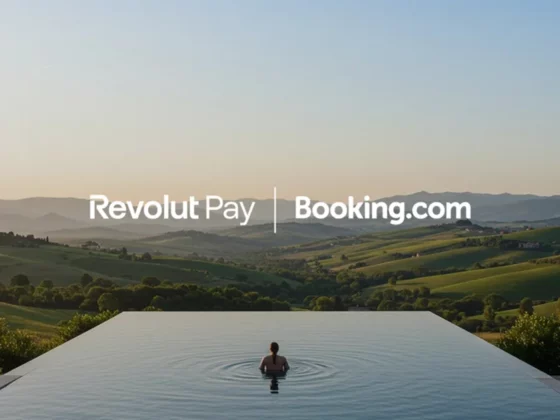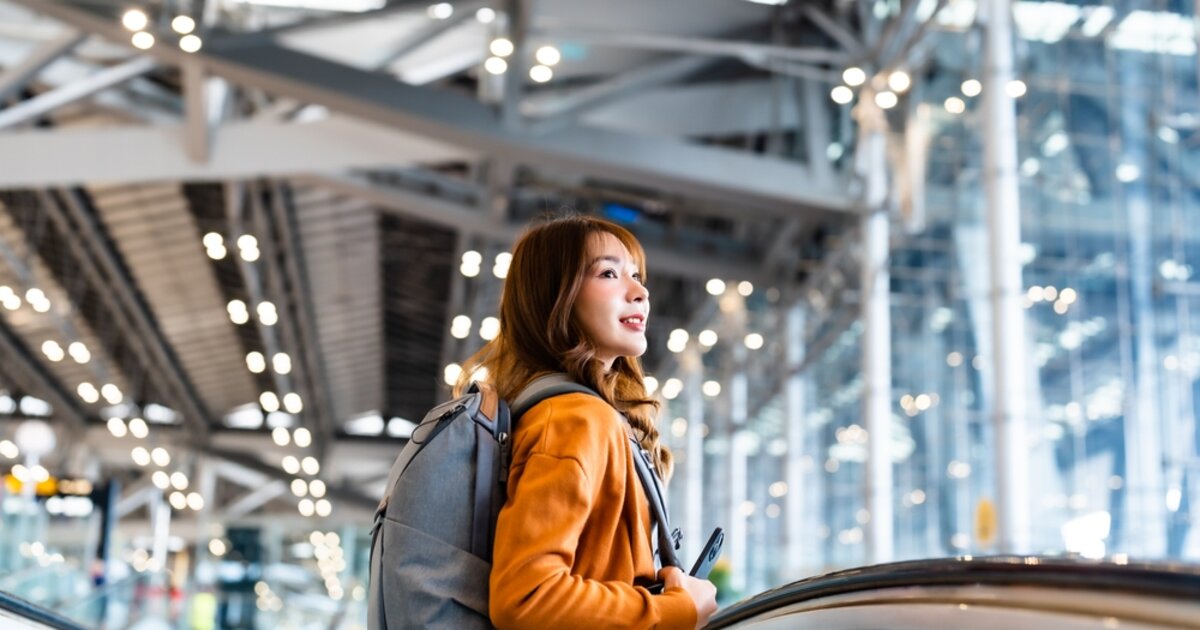
Expedia Group has unveiled its study highlighting the preferences of the growing Asian middle class, expected to reach 3.5 billion people and make up two-thirds of the world’s middle class by the World Economic Forum, by 2030.
The study provides travel industry professionals with the context to better serve the increasing number of mass-affluent – according to Boston Consulting Group, meaning middle-upper income – travellers from Asia and tailor offerings to their preferences.
Conducted in partnership with Atomik Research, the study surveyed 4,000 respondents across Asia (China, India, Indonesia, Singapore, and Vietnam).
“We’ve witnessed firsthand the remarkable growth of the Asian travel market and are committed to providing unparalleled insights and solutions to our partners,” said Greg Schulze, chief commercial officer of Expedia Group.
“By leveraging our industry-leading technology, extensive global network, and deep understanding of traveller behaviour, we’re able to deliver personalized experiences that resonate with Asian consumers.
Our innovative platform empowers partners to reach travellers at every stage of their journey, from inspiration to booking and beyond.”
Asian travellers are expected to prioritise travel spending in 2025 despite inflation pressures.
Through deals, discounts, and packages or – for many – a tendency to prioritize travel over other forms of discretionary spending, mass-affluent Asian consumers are finding ways to alleviate the impacts of inflation and keep room in their budget for travel.
These travellers plan to spend an average of 23% of their income on travel in the next 12 months, and four in five (81%) report travel is a priority despite inflation.
Moreover, according to the Expedia Group, Mass-Affluent Asian Travelers Trends Study 2024, near two in five (39%) said they would prioritize travel over buying a new car or over upgrading electronics, and close to one in three (32%) on dining out.
While many mass-affluent Asian travellers plan to visit other countries in the Eastern and Southeastern Asian regions, a significant number are drawn to international destinations farther afield.
Overall countries such as Japan, the United States, Canada, France, South Korea, Australia, and Germany top their lists.
On average, these travellers plan four destinations over ten days for the next international trip. Interestingly, travel length and total destinations vary significantly across regions.
Indian travellers plan for longer trips, averaging 14 days compared to Vietnam’s with the lowest length at 8 days.
Indian travellers often plan for five or more destinations on their next international trip, while Singaporean, Chinese, Vietnamese and Indonesian travellers often report planning for four or fewer.
When it comes to travel planning, more than one in three respondents relied on travel agents, the majority (72%) said they use platforms like Expedia when booking.
They commonly cite using a travel app for booking hotels (73%), booking flights (70%) and finding activities or excursions (52%).
This reliance on digital tools is further emphasized by the fact that 83%[4] of people in Asia-Pacific have a travel brand’s app installed on their device, and 36% use the app regularly.
Asian travellers seek luxury travel experiences. The survey found that mass-affluent Asian travellers prioritize premium amenities and high-end accommodations, making these key factors for partners across the industry.
To meet this demand, Expedia Group offers a wide range of tools and resources to help partners attract and convert these discerning travellers.
In terms of premium travel experiences on their next international trip, the vast majority (93%) of travellers plan to pursue at least one or more of the following:
• 44% seek airline upgrades (lounge access, meal and drink, etc.)
• 42% pursue room & accommodation upgrades (cabanas, honeymoon suites, etc.)
• 52% book a 4- or 5- star hotel
• 39% book private tours or excursions
• 38% book a seat in first class or business class
Despite regional variations, flight upgrades, premium accommodations, and exclusive experiences are top of mind. Chinese, Singaporean, and Vietnamese travellers strongly prefer gourmet dining, while Indian travellers favour first-class or business-class seats and Indonesian travellers desired private tours. Across the board, airline and accommodation upgrades emerge as the two most popular choices. All-inclusive packages are one of the most likely buys among travellers in India (61%), Indonesia (61%) and Vietnam (58%).
“The mass-affluent consumer market in Asia is rapidly emerging as one of the most crucial population segments to reach and serve,” stated Peter O’Connor, co-director of the Centre for Enterprise Dynamics in Global Economies (C-EDGE) at the University of South Australia.
“With their inclination towards long-haul trips and a preference for luxury amenities, they are poised to significantly impact the travel economy, as indicated by this research. Expedia Group’s latest insights highlight the growing demand for personalized and premium travel experiences among Asian middle-class travellers.”
Nearly half (49%) of respondents feel some level of concern about understanding standard practices regarding local transportation, dining customs (43%), proper greetings (41%), and declaring baggage at customs (40%).
More than one in three (34%) report the willingness to increase their spending to stay at a hotel with staff who speak their language. With these insights, partners can differentiate offerings with resources and services for first-time visitors.
While 75% reported seeking deals, discounts, or packages for their next trip because of inflation, they still value luxury. Higher-spend priorities were luxurious room amenities (53%), experiential excursions (52%), cultural immersion (40%), and a hotel with a Michelin chef (31%).
Expedia believes partners should look to promote their inflation-busting deals while touting luxury amenities.
Loyalty programs remain a significant draw for travellers. A vast majority (86%) of respondents report belonging to one, with airline, hotel, and credit card loyalty programs equally popular.
The group said this presents a unique opportunity for tourism boards to promote their destinations to these loyal consumers, especially during the early planning stages, when 30% said they had no specific destination in mind, or only the country but not the city.


